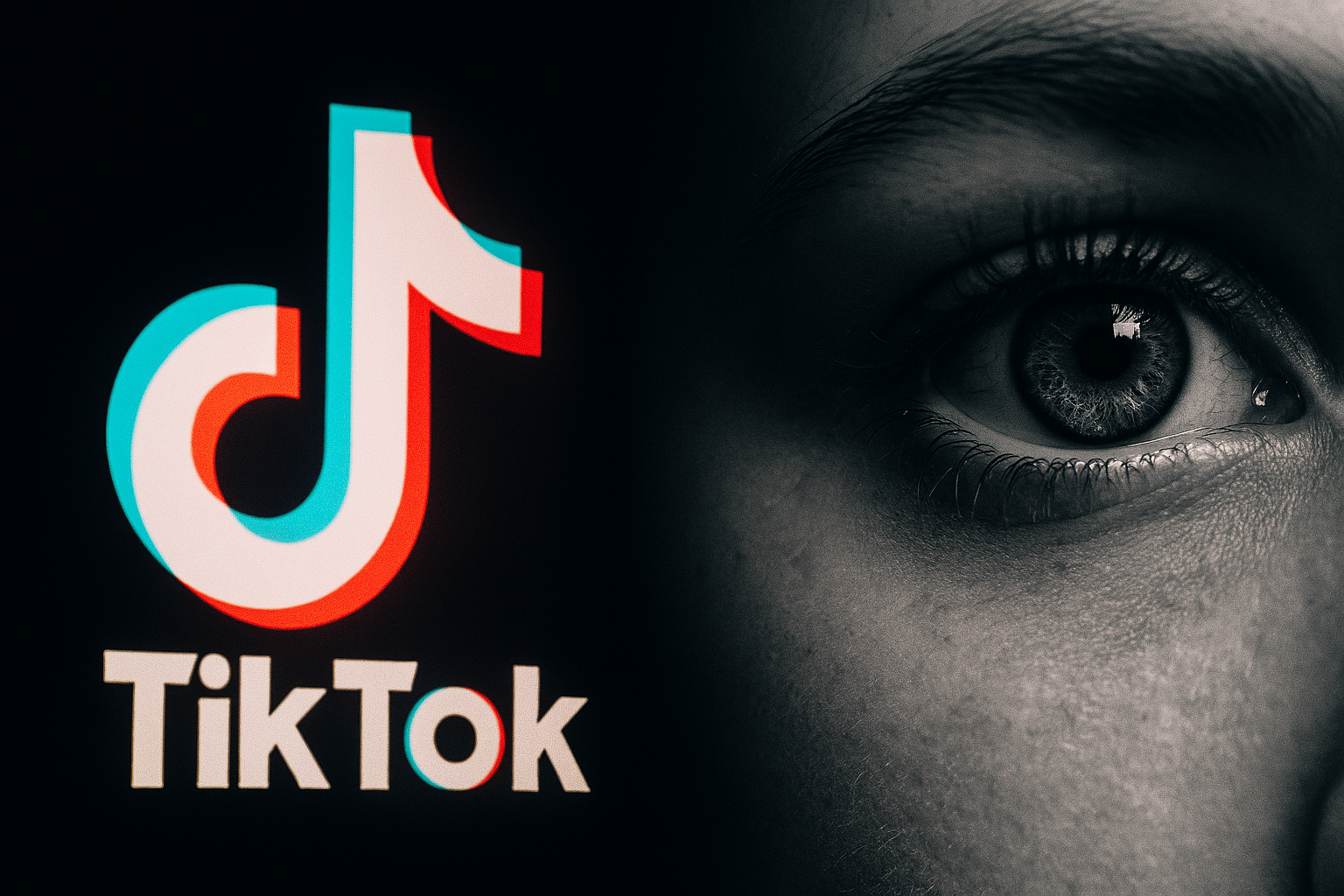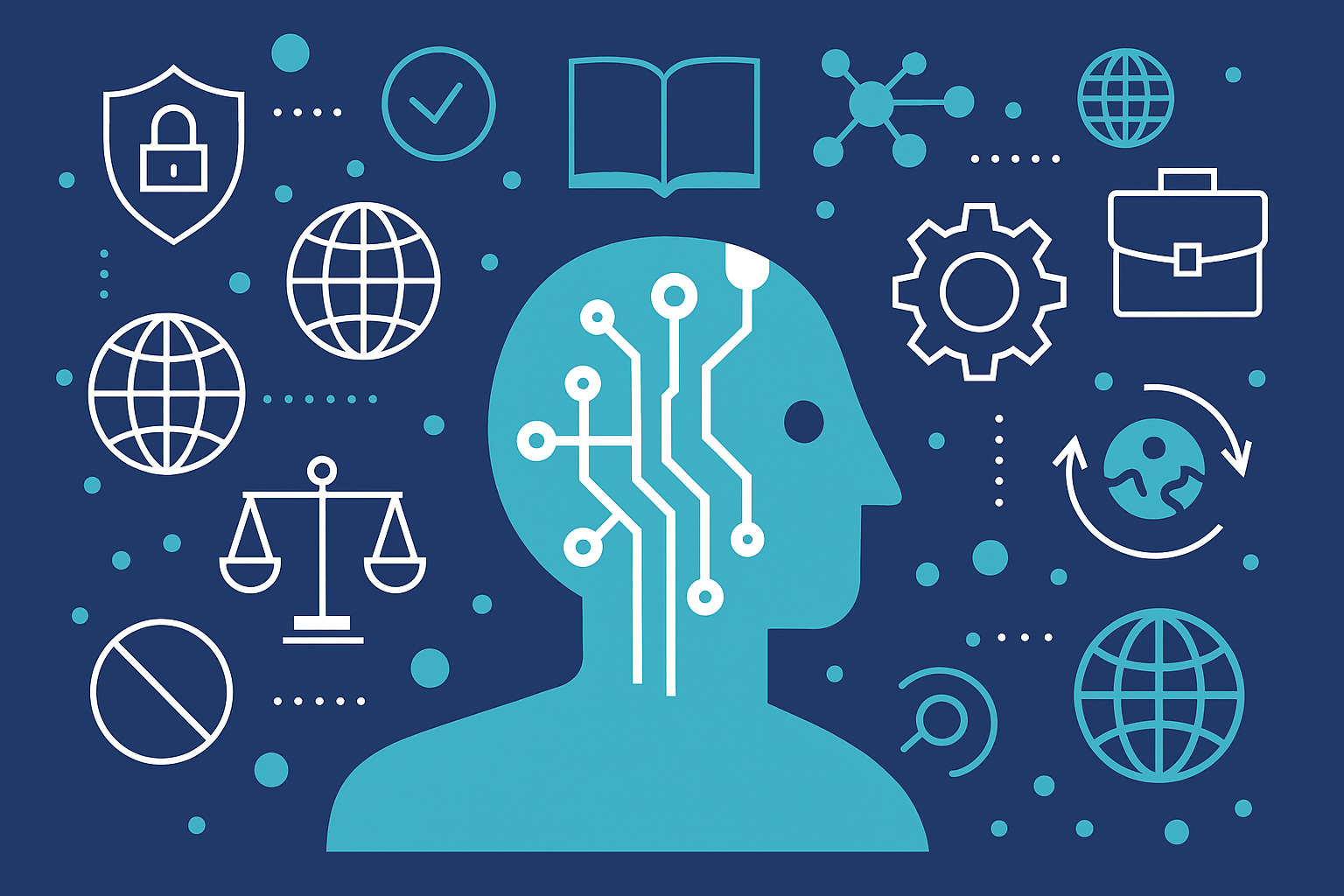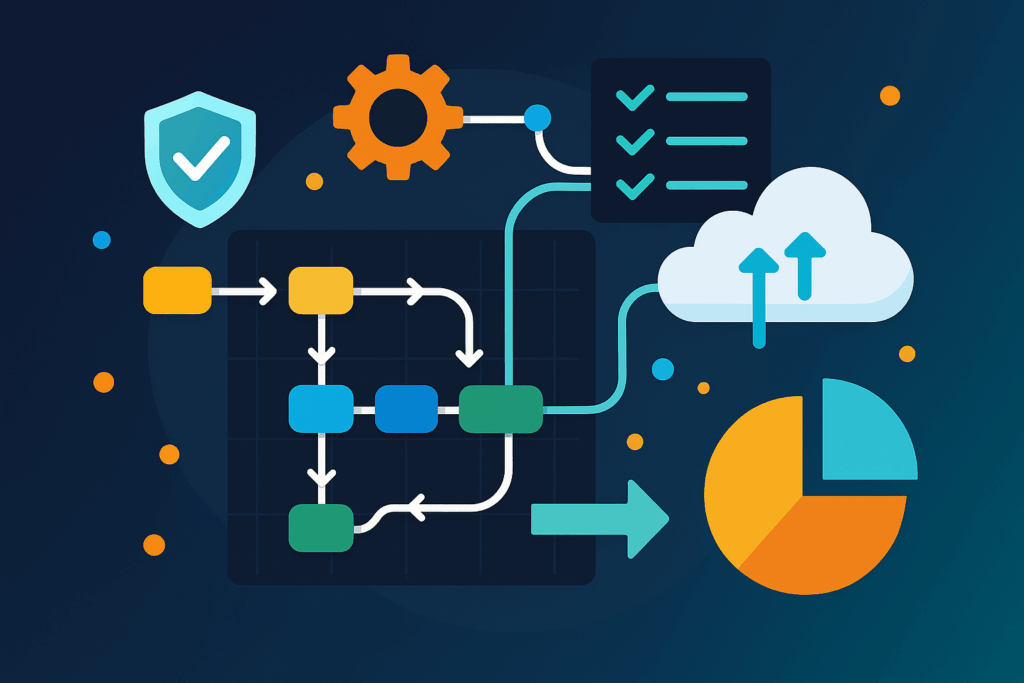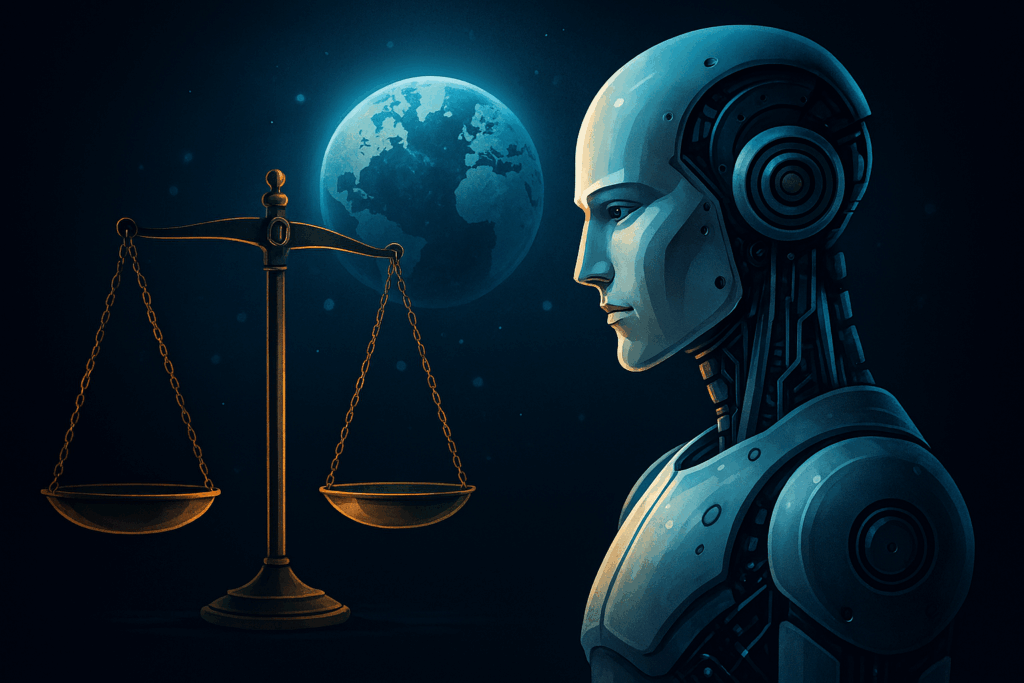
The app is not dangerous because it stores data. It becomes critical because it captures your attention. In a world where every second counts, the real risk lies not in what is known about you - but in how long you look. This article shows why the debate about privacy often misses the point - and what you should be protecting instead.
🔍 1. the platform tracks less than you think
📊 Attention instead of data protection: This video shows how TikTok algorithmically amplifies user behavior - with over 1,800 views, this is clear evidence.
Compared to Meta, Google or Amazon, this network is surprisingly restrained. It collects:
- 📱 Device information (model, operating system)
- ⏱ Usage time and scrolling behavior
- ❤️ Likes, shares, comments
But: No classic personal data such as address, telephone number or bank details. The GDPR only applies to a limited extent here - because it's not about your identity, but about your reaction.
🧠 2. the algorithm optimizes for dwell time
While other networks rely on clicks or purchases, what counts here is time. The longer you stay, the better. The algorithm learns what triggers you emotionally - not who you are.
This means that it is not a classic advertising system. It is a Attention network. It doesn't sell products - it sells your time.
⏳ 3. attention is the new currency
Every second you spend in this feed, you miss somewhere else. This is not a coincidence, but a strategy. The app is a digital magnetwho doesn't spy on you - but holds on to you.
She understands your emotional patterns better than your demographic data. And that's exactly what makes them so powerful - and so underestimated.
🛡️ 4. Data protection protects your data - not your habits
The GDPR protects personal information such as your name, address or IP address. But it does not protect your emotional patternsyour viewing habits or your trigger reactions. TikTok uses precisely this gray area - legally, but effectively.
This means that even if you comply with all data protection rules, TikTok can still influence you. Not by what it saves - but by what it shows you.
👶 5. young people are particularly at risk
Studies show: Young people spend on average over 90 minutes a day on TikTok. Not because they have to - but because they can't get away. The platform understands their emotional patterns better than their parents.
🔎 Example: A 14-year-old user watches 3 clips on body ideals, 2 on dating tips and 5 on challenges within 10 minutes. TikTok realizes: "This topic keeps him." And shows more of it - without context, without pause.
The problem is not data storage - but the Reinforcement. TikTok reinforces what works. And a lot of things have an effect on young people that make them emotionally insecure.
🎓 6. media literacy is more important than data protection
We don't need new laws - we need new Competencies. If you understand how TikTok works, you can protect yourself. Those who only focus on data protection remain blind to the real problem.
📘 Media literacy means:
- 🧭 Understanding how algorithms select content
- 🧠 Recognize when you are being emotionally manipulated
- 🛑 Consciously decide when to switch off
This is not a technical problem - it is a cognitive. And it doesn't start with TikTok, but with us.
🪞 7. TikTok is a mirror - not a spy
The platform shows you what moves you. It doesn't store your life - it reinforces your patterns. TikTok is not a spy that steals your data. It is a mirror that reflects your attention - sometimes distorted, sometimes brutally honest.
And that's exactly what makes it so dangerous: you can't see what TikTok knows about you. You see what holds you. And that is often much more powerful than any stored information.
📊 Platform comparison: TikTok vs Meta vs YouTube
| Platform | Goal | Data focus | Attention strategy |
|---|---|---|---|
| TikTok | Dwell time | Emotional patterns | Endless feed, algorithmic amplification |
| Meta (Facebook/Instagram) | Advertising sales | Demographic data | Likes, shares, social confirmation |
| YouTube | Watchtime + Ads | Search history, interests | Recommendations, playlists, autoplay |
🧭 Conclusion: what you should really protect
Data protection is important - but not enough. If you really want to understand TikTok, you have to ask yourself: What is holding me? Not: What is stored?
The real danger lies not in the database - but in the feed. Not in the profile - but in the pattern. And only you can recognize that.
🔒 Recommended tools for digital self-determination
If you want to better protect your digital privacy, you need more than just data protection. You need tools that give you control - over your data, your connections and your habits.
- VPNs - protect your connection and prevent tracking by third parties
- Password manager - ensure secure, unique logins
- Tracker blocker - reduce algorithmic amplification
🔗 Further insights
If you want to dive deeper, here are two in-depth analyses of TikTok mechanics and the role of attention in the digital space:
- 📱 TikTok's Algorithm and the Attention Economy - The Atlantic
- 🎯 How TikTok's Algorithm Figures You Out - WSJ Investigation
Both articles show how TikTok does not understand your data - but your patterns. And why this reveals more about you than any address.
📣 Your opinion counts
What do you think? Is TikTok a mirror or a spy? Comment anonymously, share the post or start a discussion. Digital self-determination starts with clarity - and with you.
👉 You can find more exciting content at MindOnDigital.




